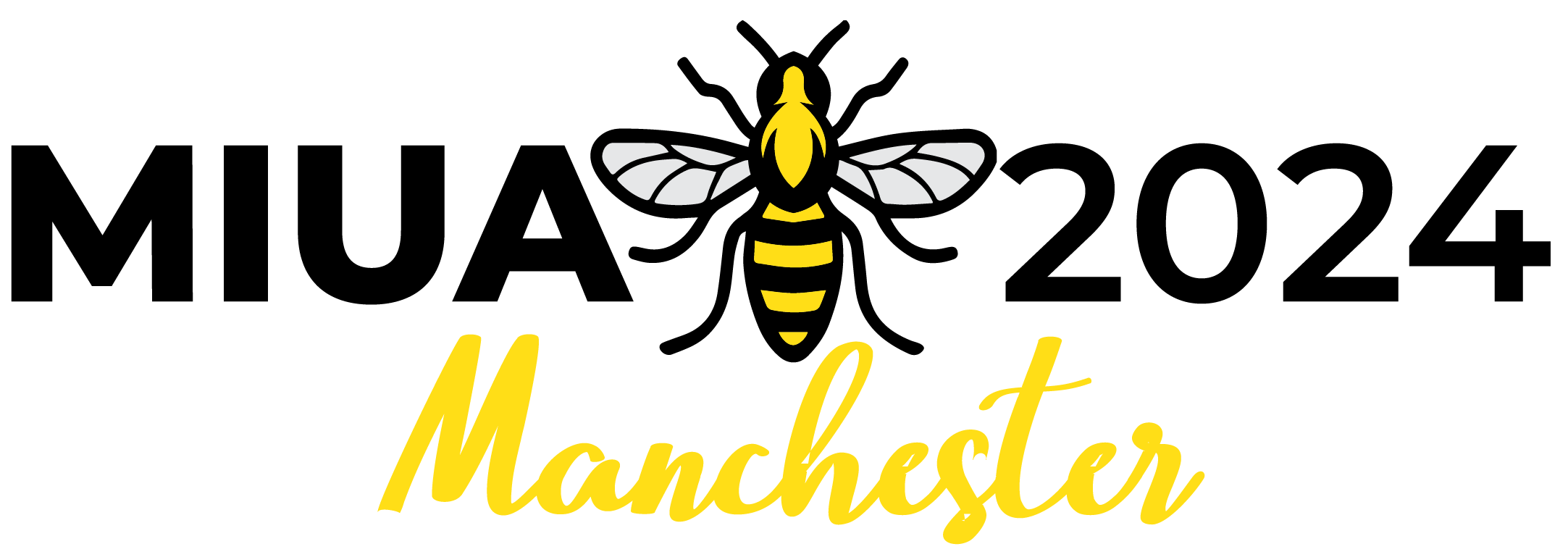Beyond Boundaries: Interdisciplinary Perspectives on Vision, Language, and Ethical Considerations in AI-driven Clinical Diagnosis and Early Detection
This special session will focus on the integration of visual computing and computational linguistic approaches to extract, identify and complement actionable information from the synthesis of visual and textual unstructured medical data to identify patterns and anomalies. Computer vision plays a crucial role in interpreting visual data and natural language processing facilitates the extraction of valuable information from textual sources, including patient records and medical literature. Due to the increasing generation, storage, and analysis of such data, there is a significant need for the integration of text and image assessment and analysis to enable an integrated and holistic approach to enhance the overall diagnostic process.
Ethics are crucial for responsible AI deployment in healthcare, addressing transparency, accountability, bias mitigation, and secure handling of sensitive health data. Integrating computer vision, natural language processing, and ethical frameworks ensures a comprehensive, patient-centric approach to diagnosis and early detection in AI-driven healthcare, considering impacts on patient outcomes, privacy, and decision-making.
Suitable topics include, but not limited to:
- NLP techniques for information extraction from medical literature
- Image analysis and recognition from medical data
- Applications and theoretical data science and AI frameworks for information integration and extraction from unstructured medical data
- Trustworthiness and/or reliability of algorithms for clinical acceptance
- Automated information extraction from doctors' notes, medical reports and other textual patients' data to identify actionable insights
- Intersection between multiple data modalities for real world problems
- Assessment of symptoms and medical conditions both in the diagnosis of disease, and in monitoring response to the therapeutic interventions
- Multimodal LLMs for linking visual and textual data
The utilisation of image-based medical AI systems based on reliability and trustworthiness are a crucial aspect of Digital Health. This requires a full accountability and transparency of data and corresponding models throughout their design and development. The associated AI techniques and frameworks can be augmented via semantical concepts to provide exhaustive data understanding and enhanced manipulation. In fact, images used to identify medical conditions may lack the additional dimensionality that could be achieved by integrating images and suitable annotations to enable a more precise, replicable, and transparent analysis.
Other important aspects of this research area include information extraction from doctors' notes, medical reports, and other documentation in different formats such as hand-written, or digital copies. The aim is to combine various information sources to enable an integrated approach to patients’ wellbeing.
Text and images are the core data types used to capture information for a multitude of tasks, activities and intelligence gathering. However, due to their intrinsic complexity and lack of structure, and despite a well-established research community, several challenges still remain. These include the retrieval and storage of high-resolution images, data sparsity and lack of validation; computationally demanding pre-processing and analysis; identification of the most appropriate AI models and architectures to extract hidden features and information from images and texts.
Organisers
- Prof. Marcello Trovati, Department of Computer Science, Tech Hub, Edge Hill University, UK.
- Prof. Ardhendu Behera, Department of Computer Science, Tech Hub, Edge Hill University, UK.
- Prof. Yannis Korkontzelos, Department of Computer Science, Tech Hub, Edge Hill University, UK.
- Prof. Amr Ahmed, Department of Computer Science, Tech Hub, Edge Hill University, UK.
- Dr. Nonso Alexanda Nnamoko, Department of Computer Science, Tech Hub, Edge Hill University, UK.
- Dr Muhammad Usman, Department of Computer Science, Tech Hub, Edge Hill University, UK.
- Dr Huaizhong Zhang, Department of Computer Science, Tech Hub, Edge Hill University, UK.
